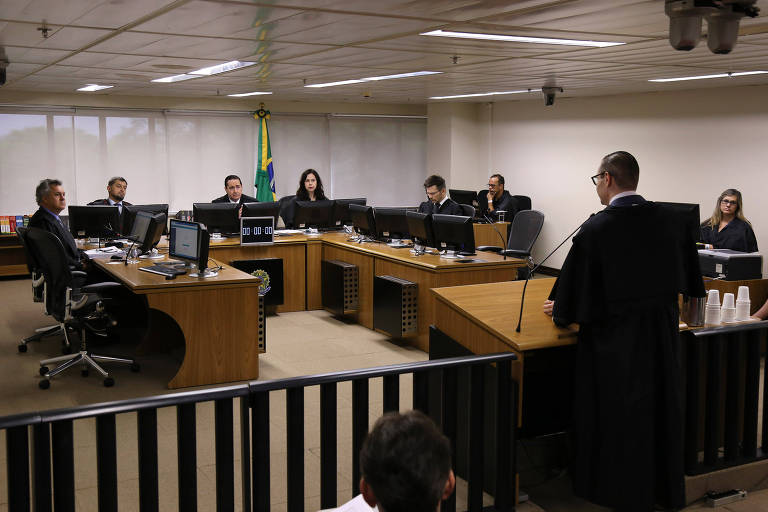A federal appeals court upheld a corruption conviction against ex-president Lula in the Atibaia country house case and elevated the petista's penalty. This goes against the recent decision leveled by Supreme Court Justice, which had reversed two Car Wash convictions.
The three Porto Alegre federal judges voted to increase the penalty against Lula to 17 years, one month, and ten days of prison. In the original case, he received 12 years and 11 months.
This decision, however, does not change two things: Lula remains free while waiting for the final decision, and he still cannot be a candidate in any election, due to the Clean Record Law.
Judges João Pedro Gebran Neto, rapporteur, Leandro Paulsen, and Carlos Eduardo Thompson Flores took advantage of an opening in the Supreme Court's October ruling that allowed defendants to respond to whistleblower allegations. In the first case at Atibaia, this was now allowed.
Although the Supreme Court decision could lead to reversing Lula conviction, the court did not conclude the judgment to avoid an avalanche of reversed court cases.
As a result, the ruling by the federal appeals court adds pressure on the Supreme Court. President Dias Toffoli previewed a definitive decision, but he still left it open.
Lula's defense called the decision an "affront" to the higher court and said it was still available to which body it could appeal.
The three judges rejected canceling the sentence that convicted Lula of accepting the property in exchange for favoring contractors in Petrobras contracts.
They stated that the sentence could only be annulled if both parties were damaged, which they said did not occur.
Supreme Court Justice Edson Fachin had already decided that the final allegations against Lula would be reviewed in another case involving the property of his institute.
Gebran was the most incisive and critical of the Supreme Court's new understanding of the matter. For him, the initiative pressures "that all judges in Brazil guess how to apply the rule".
With the filing of the final allegations in the Supreme Court, however, the higher courts may decide to cancel the sentence and return the case to the first instance.
Translated by Kiratiana Freelon
